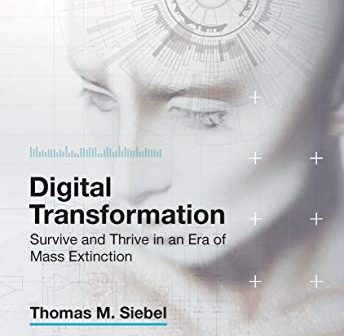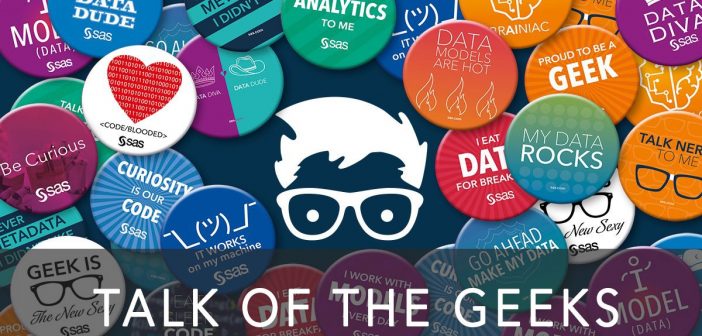
It’s imperative that banks embrace technology - driven changes, break down barriers to change and disrupt themselves digitally.

It’s imperative that banks embrace technology - driven changes, break down barriers to change and disrupt themselves digitally.

How to address insurers' challenges by providing AI and machine learning to streamline a customer centric pricing process.

Edge computing allows businesses to handle thousands of data points and interactions rapidly and immediately, in real time.

The “last mile” is well known in telecommunications and supply chains. Now we face it in the analytical world as well. Read why!

SASChat - Innovation@scale on 14 November. A vivid twitter discussion on how innovation projects become revenue generating services.

Two pieces of advice stood out for me in Tom Siebel's book: re-educate your leadership team and pick your partners carefully.

Vivemos um tempo onde, quer nos sectores produtivos da nossa economia, quer em toda a área de prestação de serviços, se tem vindo a perspectivar a introdução de novas tecnologias de automatização de tarefas. Os avanços científicos e a maturidade de conhecimento que foram sendo alcançados num conjunto vasto de

Estimations suggests that 65% of children entering primary school now will be doing jobs that do not yet exist.

Thanks to recent advances in Artificial Intelligence (AI) and deep learning, image recognition has become a reality.

Nowadays, geeks are increasingly cool, and we’re all proud to let our inner geek out in public. This wasn't always so ...